






Catholic Mission acknowledges all Aboriginal and Torres Strait Islander peoples and their deep enduring relationship and responsibility to country and the lands, waterways, and seas to which they are connected. We acknowledge their deep connection between culture, spiritual belief, custom, language, stories and values, and their continuous e orts in protecting the land, waters and sky for thousands of generations.


Catholic Mission, as the Catholic Church’s international mission agency in Australia, works in direct contact with the poorest and most vulnerable people and communities. This entails a responsibility to be aware of how they may be adversely impacted by ecological issues and how their poverty may also in uence behaviours that contribute further to the destruction of our common home.
In June 2015, Pope Francis released his rst encyclical, Laudato Si’ (LS), on care for our common home. This Encyclical contributes to the body of Catholic Social Teaching and is addressed to “every living person on this planet” (LS, 3). As an encyclical it is a formal teaching document that, as Catholics, we are bound to give serious consideration. As the Pope’s international mission agency, Catholic Mission can be an important motivator for the global church by embodying an ecological lens across its work both in Australia and overseas. “All of us can cooperate as instruments of God for the care of creation, each according to his or her own culture, experience, involvements and talents” (LS 14).
While environmental sustainability is a common concern and priority for many organisations, caring for the environment also involves an understanding of the interconnectedness of our world and what Pope Francis calls an “integral ecology”. LS includes this theme as well as others such as: the intimate relationship between the poor and the fragility of the planet, the call to seek other ways of understanding the economy and progress, the intrinsic value of all creation, the responsibility of international and local policy, and the throwaway culture.
The development, endorsement and implementation of the CM Ecological Action Plan (EAP) will be a vehicle to build a framework to ensure CM plays a positive role in God’s Mission by caring for our common home. The EAP includes policies that embed ecological practices into the organisation and has been developed in consultation and partnership with the Catholic Mission EAP working group and through the guidance and mentorship of partners such as Catholic Earthcare Australia and the Catholic Education Diocese of Wollongong Environment Network (WEN).


Targets

Reporting Review
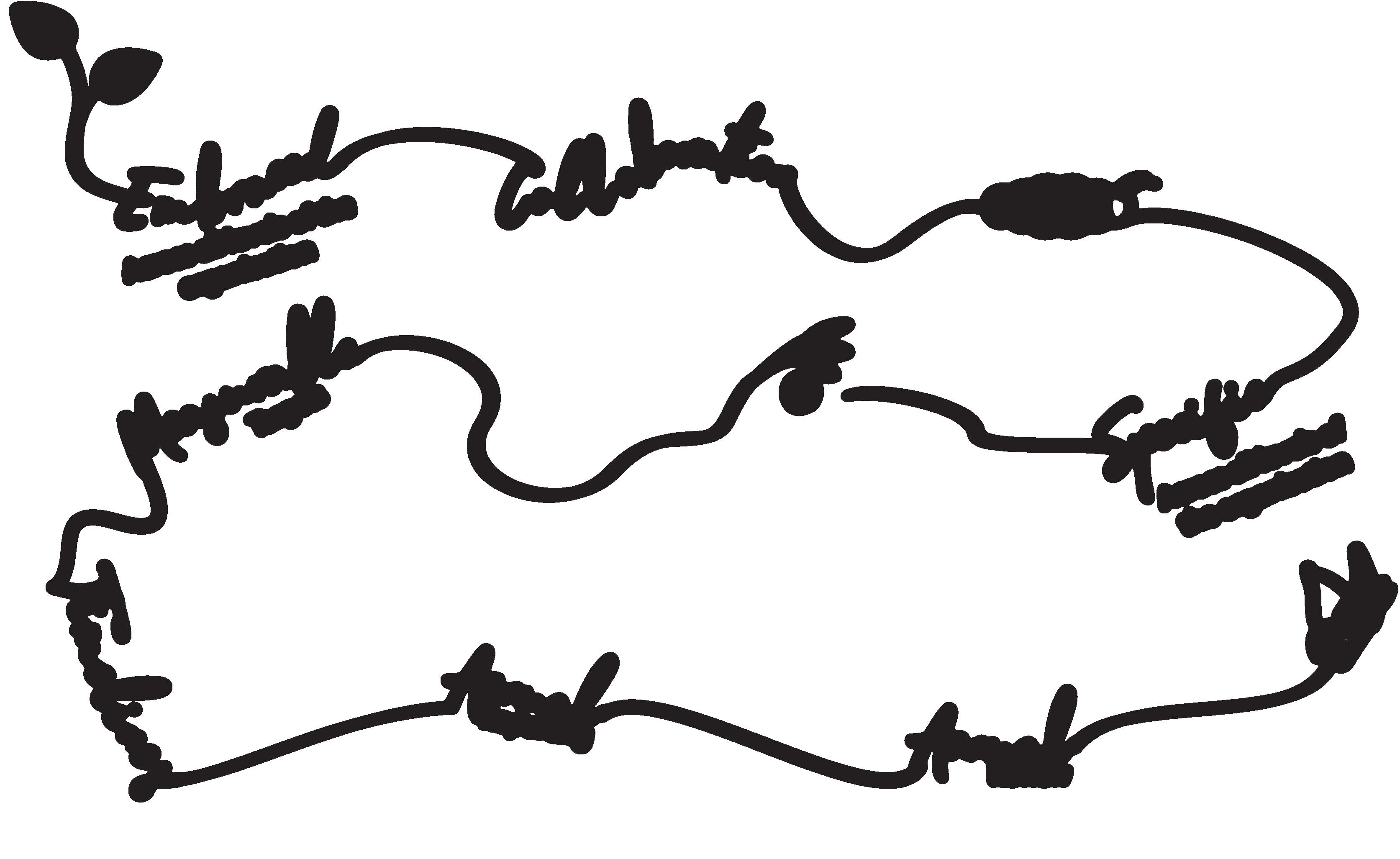
The Catholic Mission Ecological Action Plan takes inspiration and guidance from the Laudato Si Action Platform o ered by the Dicastery for Promoting Integral Human Development. We commit to their concrete and practical expertise on actions that support our progress towards the seven Laudato Si’ Goals.
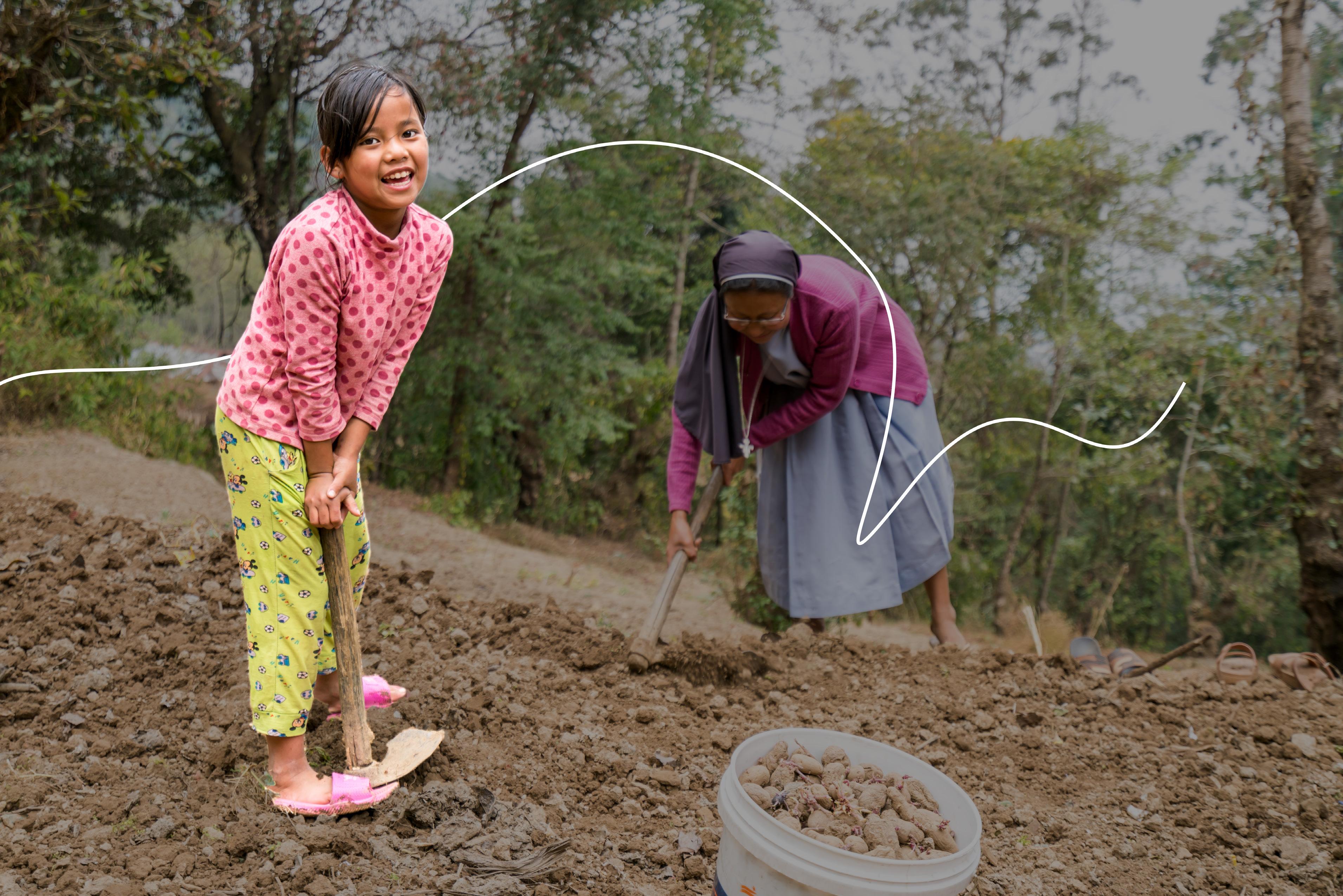
ORGANISATION COMMITS TO:
1.1 Nominate a sta member to champion environmental education and action in the organisation
1.2 Support the ongoing development and participation of members of the EAP working group, encouraging diversity and Executive Management representation
1.3 Ensure that the nominated champion has opportunity to participate in appropriate professional learning experiences
1.4 Provide opportunities to share professional learning in order to develop the ecological awareness and engagement of all sta
1.5 Support the ongoing review and continuous development of the plan (EAP) that is informed by the following principles: whole Organisation Planning; Religious Dimension; Learning and Teaching; Ethical Resource Use; Caring for Country; and Community Relationships
1.6 Ensure the Environment Action Plan (EAP) includes actions that are informed by the initial and future environmental assessment and audit
1.7 Develop and implement organisation-based procedures for environmental practices for waste management and stewardship of resources.
1.8 Discern and plan for opportunities to celebrate and engage in action on signi cant calendar days
1.9 Commit to reducing our environmental impact through the selection of our suppliers and the way we manage our operations and support functions


Improve environmental performance through building ‘top down’ and ‘bottom up’ commitment of sta across all departments


2.1 Foster relationships with local Aboriginal communities that use their traditional knowledge and connection to country to support environmental education and initiatives
2.2 Foster relationships with the National Aboriginal and Torres Strait Islander Catholic Community (NATSICC)
2.3 Provide opportunities to collaborate with parishes, schools and communities in ecological initiatives and actions that align with the principles of Catholic Social Teaching and the wisdom of Laudato Si
2.4 Encourage ecological leadership among our partnerships and networks (teachers, students, overseas mission partners)
2.5 Ensure that the EAP team collaborates with the RAP committee and the Mission Formation Team in relation to ecological celebrations and activities
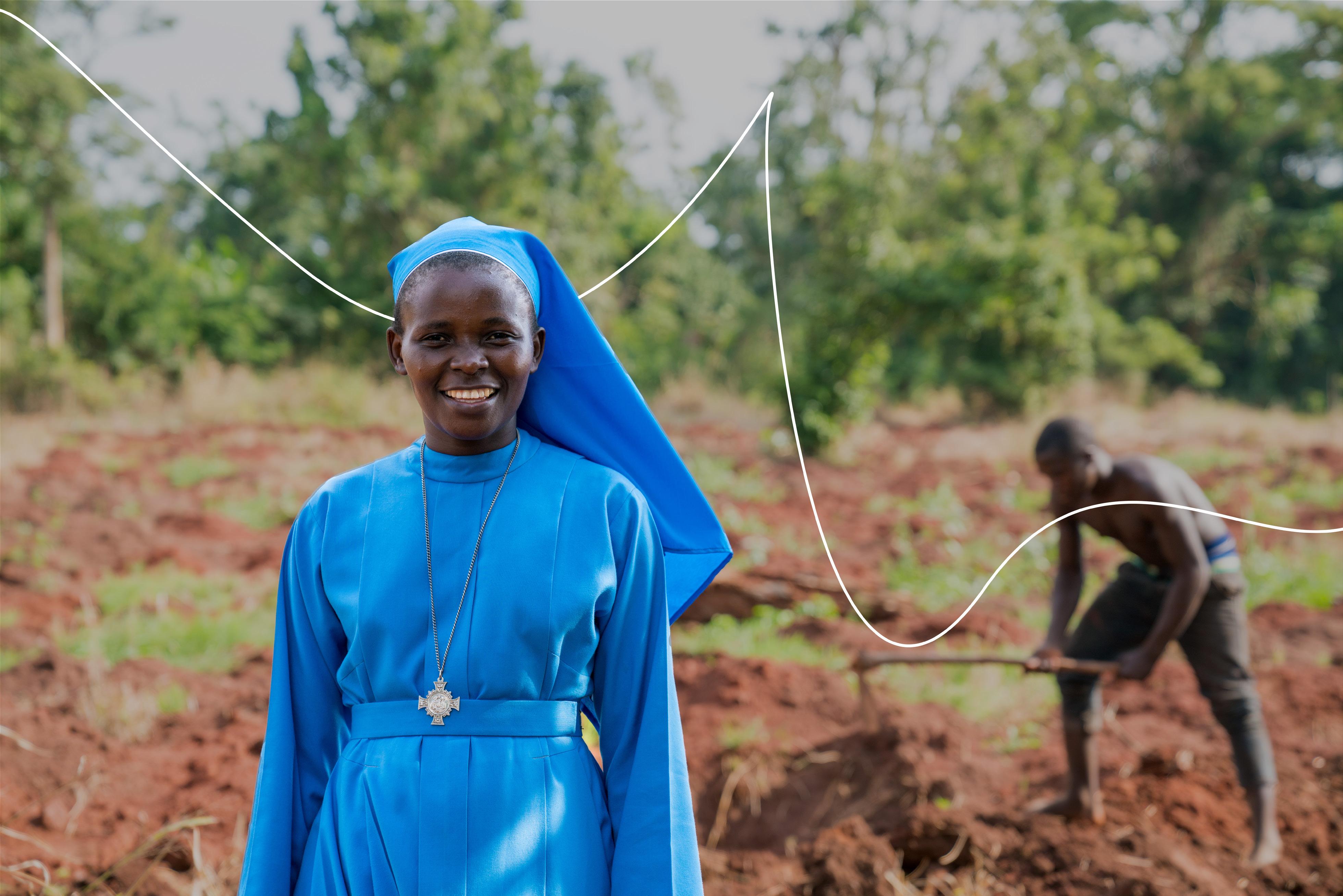
ORGANISATION
3.1.1 Ensure that ecological activities are linked to the prayer and liturgical life of the organisation
3.1.2 Ensure that the World Day of Prayer for the Care of Creation (1 September), the Season of Creation (1 September – 4 October) and the Feast of St Francis of Assisi (4 October) are celebrated through liturgy, re ection and action.
3.1.3 Provide opportunities for sta to engage in appropriate formation and professional learning in Catholic Social Teaching principles, eco-spirituality, eco-ethics and the ecotheology of Laudato Si’

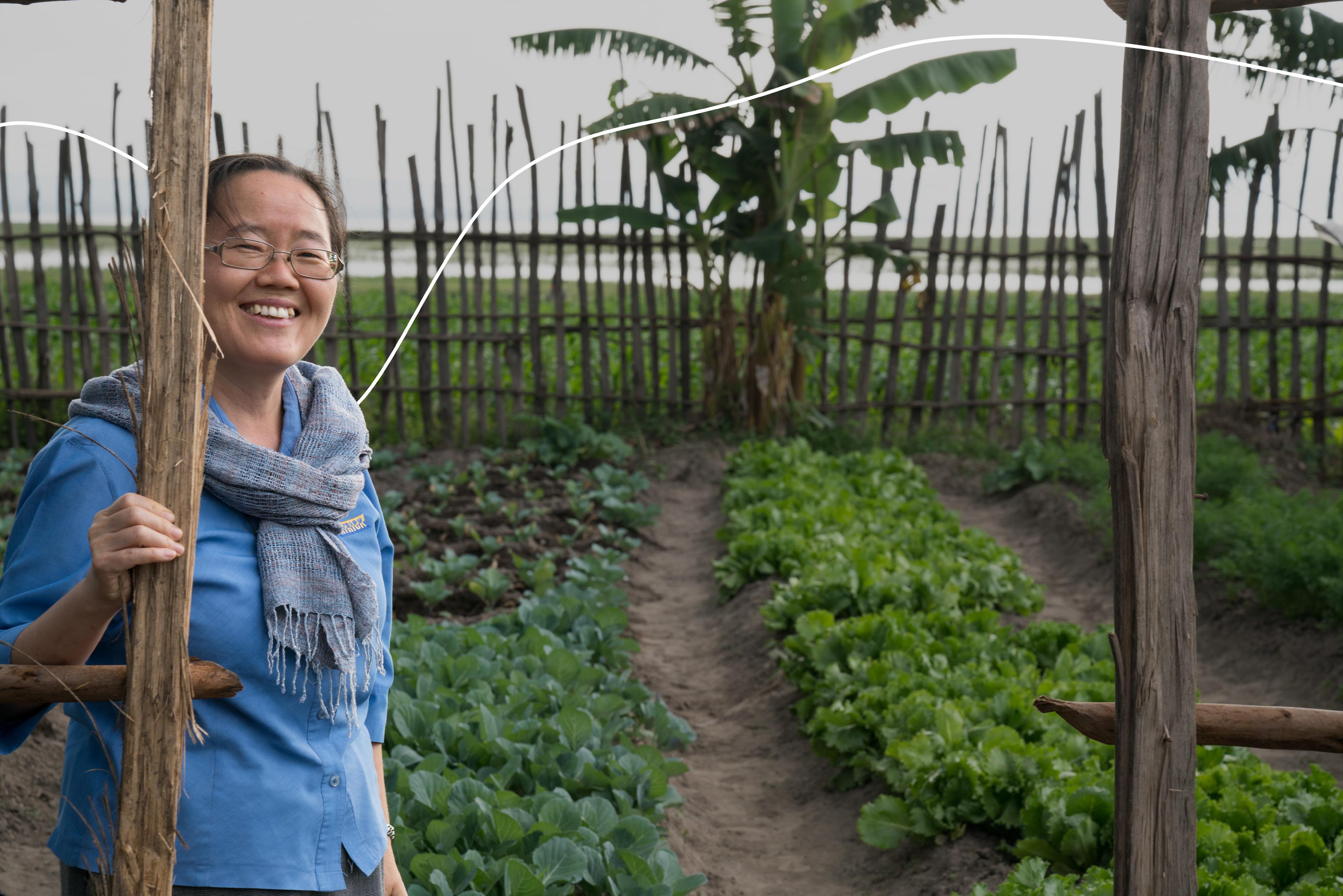
3.2 Ethical Resource Use
3.2.1 Audit and review the ethical use of resources to inform the Organisational EAP
3.2.2 Engage in recycling and endeavour to use recycled productsrecycling printer cartridges and other o ce consumables
3.2.3 Utilise ethically sourced (both environmentally sustainable and fair work practices) products in sta catering and o ce functions where possible i.e. House of Welcome Catering Social Enterprise; OzHarvest Food Truck
3.2.4 Where practical ensure the ethical procurement of productspaper products from ethical supplier, Who Gives A Crap, a B Corp certi ed company, across a number of State o ces and programs; and Fair Trade products.
3.2.5 Where practical ensure e cient energy use - replacing light globes with LED lights; scheduling lights and heaters to be turned o overnight; regular servicing of air-conditioners to ensure maximum e ciency and minimum CFC pollutants released into the atmosphere
3.2.6 Eliminate Food Waste - green waste disposal for food scraps and where possible, reducing food waste in partnership with SecondBite or similar
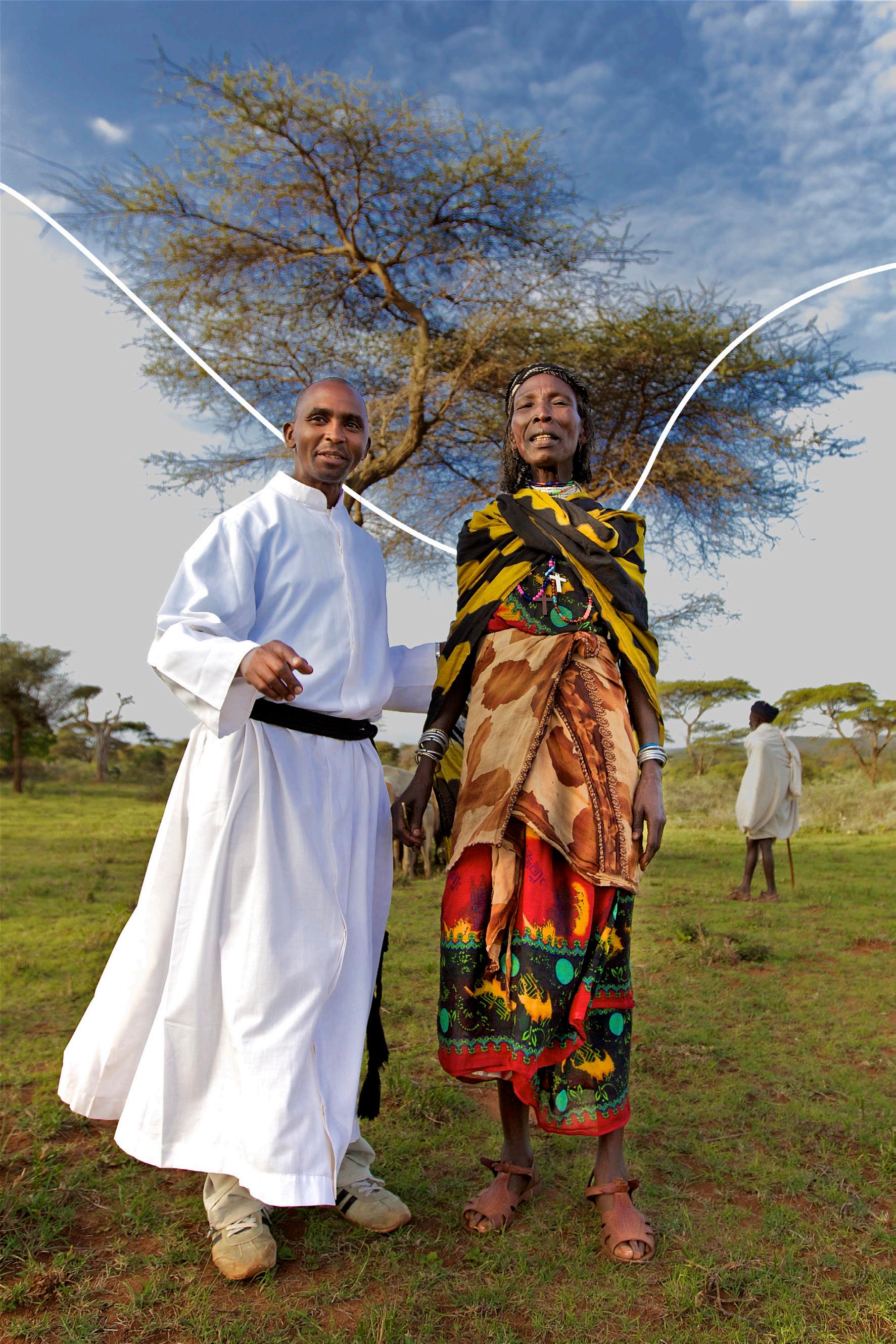
3.3.1 If appropriate, work with building owners and local landowners for the establishment, improvement or maintenance of buildings, grounds and outdoor learning spaces that acknowledge the local biodiversity of the organisation site
3.3.2 Ensure that there is a physical acknowledgement of the local Aboriginal land on which the organisation is situated in recognition of the traditional ownership of the Aboriginal people and their connection to country
3.3.3 Use Catholic Mission’s RAP in working with and respecting Aboriginal and Torres Strait Islander histories and cultures

Ensure Formation services provided internally and externally o er aspects of the following
Describes any whole of sta , student or community activities that are aimed at increasing understanding of connection to mother earth.
Describes any whole of sta , student or community activities that are aimed at increasing an understanding of the church’s teachings on caring for our common home – Laudato Si,’ CST
3.4.1 All sta engaged in individual ecological footprint exercise
3.4.2 All sta given opportunity to feedback on this plan and seek advice on improvements

3.5.1 We recognise that travel has and will continue to play an essential part of how we deliver our services. In 2022, Catholic Mission will commit to investigating the actual bene ts of o setting its ights in e orts to reduce the impact of ight travel on the environment. We continue to look for opportunities to reduce the environmental impact of our total emissions from energy and eet in programming and operations
3.5.2 Ensure an ecological lens is applied to the planning and delivery of our international programs and continued throughout the program lifecycle through e ective monitoring and evaluation. We commit to assisting our partners to understand their role in caring for our common home
3.5.3 Ensure an ecological lens is applied to the planning and delivery of our national programs and continued throughout the program lifecycle through e ective monitoring and evaluation. We commit to assisting our partners to understand their role in caring for our common home
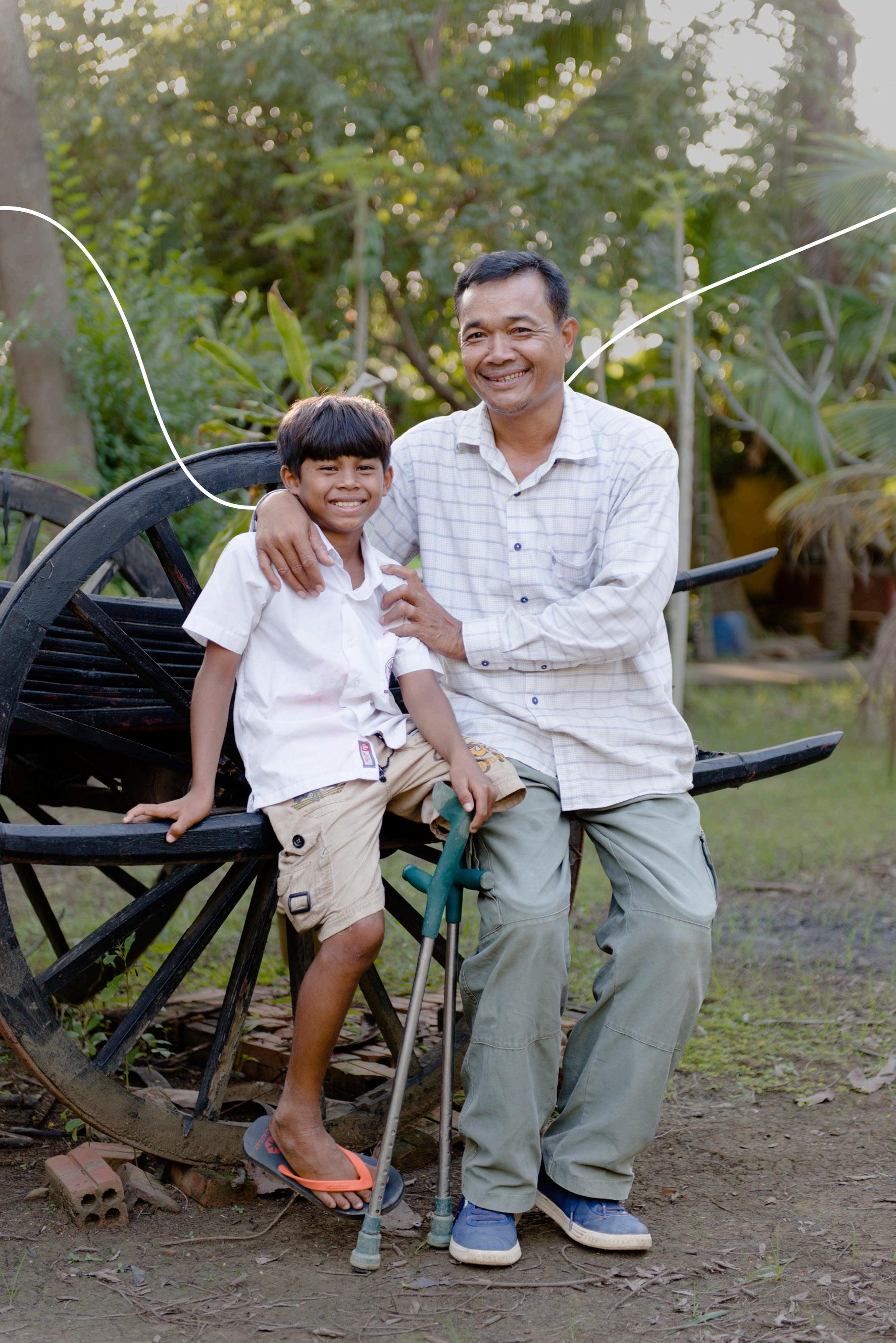
3.6 Communication
3.6.1 Develop a Statement of Commitment using the language of LS and CST
3.6.2 Where appropriate, clearly articulate Catholic Mission’s environmental awareness and actions to all stakeholders through available mediums such as annual reports, Mission today, project and supporter EDM’s, website and social media
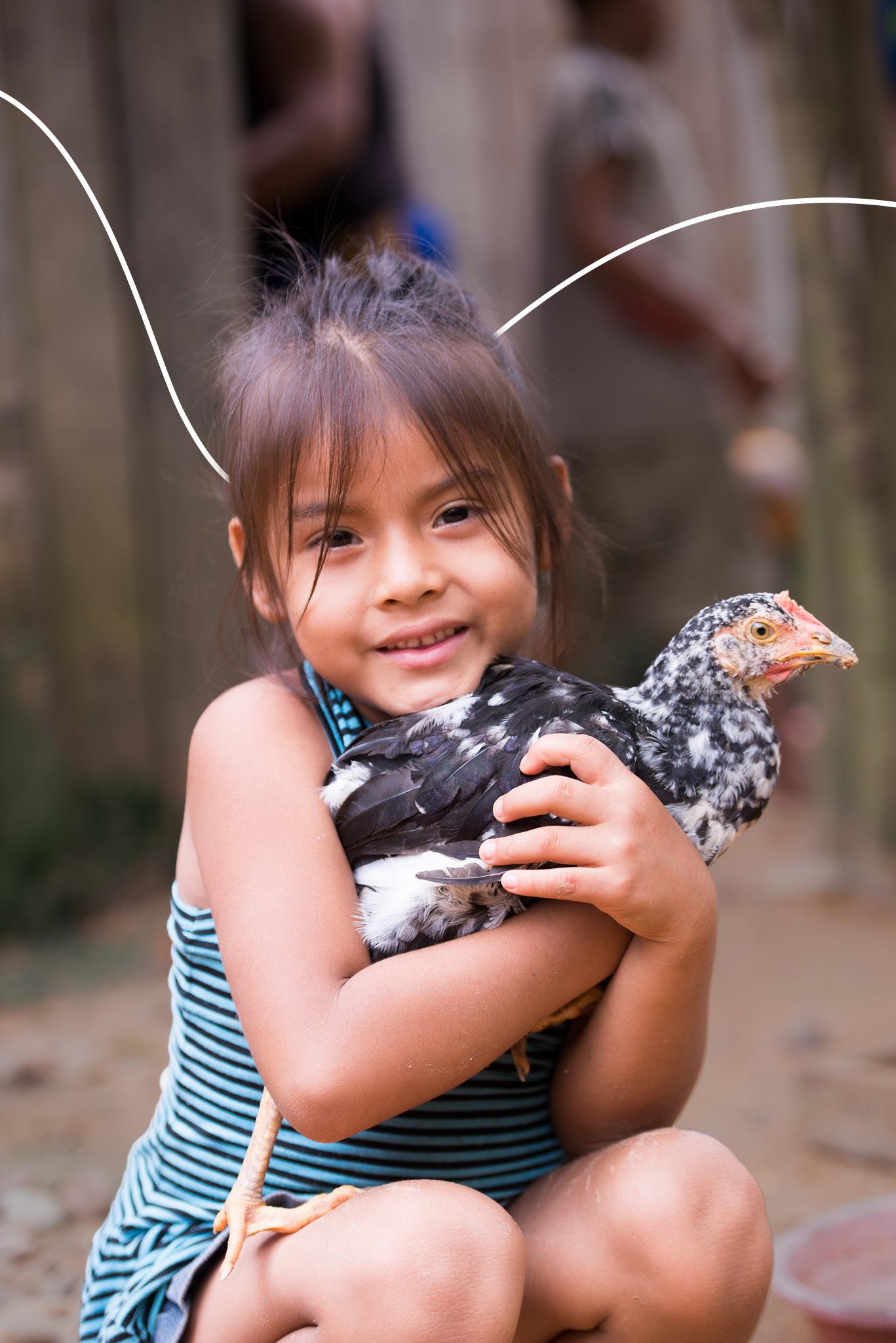
4. Measurable Targets/ Harvest Easy Wins
4.1 Recognise individual and team improvements and celebrate progress annually
5. Timelines – continuously in development
5.1 Launch at 2022 National Council
5.2 All departments and diocesan o ces to have completed review / audit by year end 2022

Improving environmental performance by providing timely and accurate feedback on progress to managers, the Executive, Board and external stakeholders
6.1 Review and report to Management at the end of each calendar year
6.2 Quarterly update in Mission Matters
6.3 Article for Mission today
How have the outcomes of the review, audit and plans for the future been articulated within the organisation community?
How will the environmental review and audit report be shared with the organisation community?